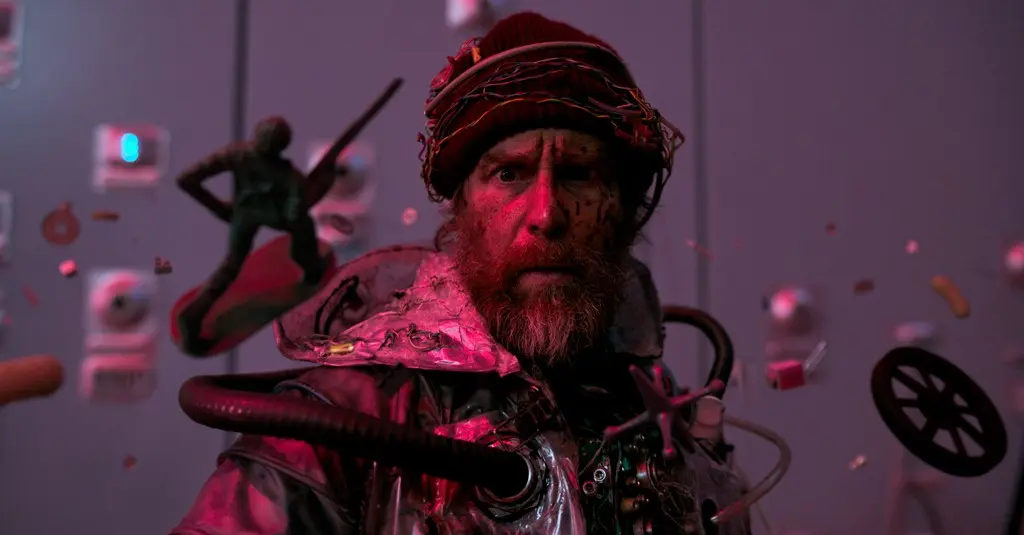There are few lesser-known historical figures in need of becoming the subject of a sprawling screen biographical epic than Joseph Bologne. However, “Chevalier” is neither sprawling nor is it an epic and is, in effect, the cinematic equivalent of a half-complete CliffsNotes study guide.
|Updated:
Originally from the nation's capital, Michael Clark has provided film content to over 30 print and online media outlets. He co-founded the Atlanta Film Critics Circle in 2017 and is a weekly contributor to the Shannon Burke Show on FloridaManRadio.com. Since 1995, Clark has written over 5,000 movie reviews and film-related articles. He favors dark comedy, thrillers, and documentaries.
Author’s Selected Articles





